Submitted by Margaret Nelson
I see Lazarus as a “good guy” in a small village—not the smartest fellow, but the one who helps the women draw water at the village well, keeps an eye on the younger kids when their mothers are washing clothes, patches up the stray dogs when they get hurt, looks after village seniors when their health starts to fail.
Dives and his greedy friends want to knock down the old village houses, and turn the village into a high-priced summer resort for the gentry. Dives gives a feast to attract investors.
Lazarus comes to Dives’ gate asking for donations of leftover food to give to the poor of the village, addressing him as “Brother Dives.” Dives refuses the (traditional) request, and refuses to recognize Lazarus as a brother.
Lazarus starts a hunger strike. Dives tells Lazarus he can starve. Lazarus invokes Jesus’ name. Dives gets annoyed, sends hungry dogs out to bite Lazarus. Turns out the dogs know Lazarus; they don’t bite him; insted, they lick his sores away.
Dives gets really annoyed, tells his hired men to go out and whip Lazarus. But the young hired men also know Lazarus, and throw their whips away rather than hurt him.
“That isn’t a bum, that’s Lazarus! He sat with my grandma when she was dying! To heck with Dives and his cronies!”
After some time, Lazarus dies; angels take him to heaven. Dives also dies; serpents take him to hell, where he is tormented with thirst. Dives looks up, and sees Lazarus blest. Then, and only then, does he address Lazarus as “Brother.”
Listen to Cooper & Nelson performing “Dives and Lazarus:”
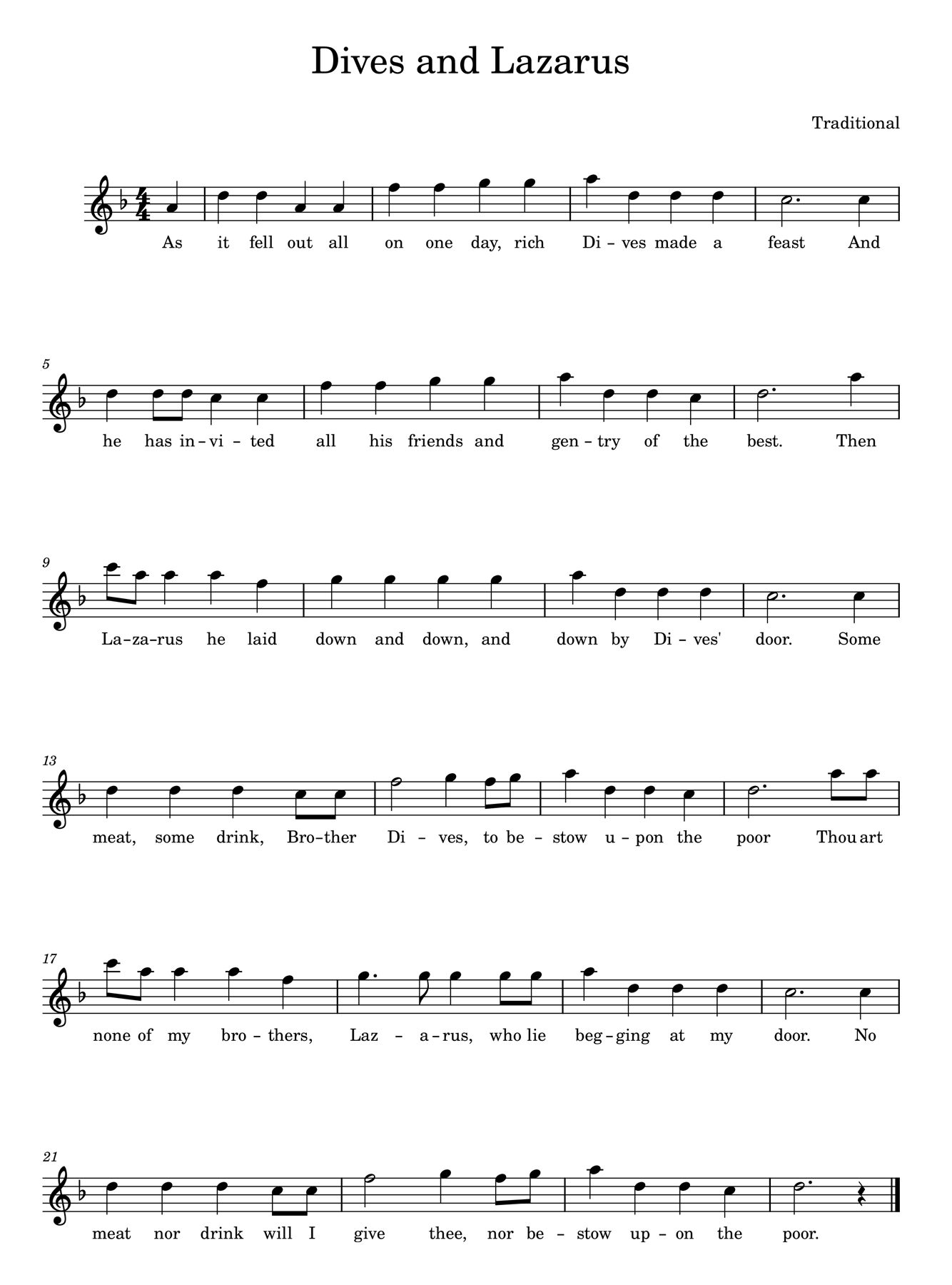
Lyrics
As it fell out all on one day, rich Dives made a feast
And he has invited all his friends, and gentry of the best
Then Lazarus he laid down and down, and down by Dives’ door
Some meat, some drink, Brother Dives, to bestow upon the poor
Thou art none of my brothers, Lazarus, who lie begging at my door
No meat nor drink will I give thee, nor bestow upon the poor.
Then Lazarus he laid down and down, and down by Dives’ wall
Some meat, some drink, Brother Dives, or of hunger starve I shall
Thou art none of my brothers, Lazarus, who lie begging at my wall
No meat nor drink will I give thee, though of hunger starve you shall
Then Lazarus he laid down and down, and down by Dives’ gate
Some meat, some drink, Brother Dives, for Jesus’ Christ’s own sake
Thou art none of my brothers, Lazarus, who lie begging at my gate
No meat nor drink will I give thee, for Jesus Christ’s own sake
Then Dives sent his hungry dogs, to bite him where he lay
But they had not the power to bite one bite, but they licked his sores away
Then Dives sent his hired men, to beat him where he lay
But they had not the power to strike one stroke, but they flung their whips away
As it fell out all on one day, poor Lazarus sickened and died
There came two angels out of heaven, his soul therein to guide
Rise up now, Brother Lazarus, and come along with we
There is a place in Heaven prepared, for to sit by an angel’s knee
As it fell out all on one day, rich Dives sickened and died
There came two serpents out of Hell, his soul therein to guide
Rise up, now, Brother Dives, and come along with we
There is a place in Hell prepared, for wicked men like thee
Then Dives looked up with his eyes, and saw poor Lazarus blest
Give me one drop of water, Brother Lazarus, to quench my burning thirst!
Margaret Nelson learned her first traditional ballad in the early 1960s. In 1982, she joined musical forces with guitarist and singer Phil Cooper. As a duo, as a trio with singer Kate Early, and as members of two successive Christmas bands, Cooper & Nelson toured, performed, and spent a lot of time recording mostly traditional songs and tunes. They released 24 recordings in 28 years, including cassettes, an LP, and CDs. (Many of the CDs are still available for sale.)
In November and December, Margaret still tours with Kate Early, Phil Cooper, and Susan Urban as the Bittersweet Christmas Band. Among other things, she performs at Memorial Day and Veterans Day gatherings sponsored by Veterans for Peace, and has been asked to lead songs at larger Chicago-area rallies for peace, social justice, and environmental sanity.
Margaret describes her current condition as “Still vertical, still musical, and increasingly political.” Visit her website for videos of Margaret in performance.
Margaret served as Board President of the Folk Alliance-Region Midwest (FARM) from 1999-2002. She was booker, host and sound babe for the Sunday Evening Folk concert series, Evanston, Illinois, 2003-2005. She is the recipient of the Folk Alliance Region Midwest Lifetime Service Award, 2006.

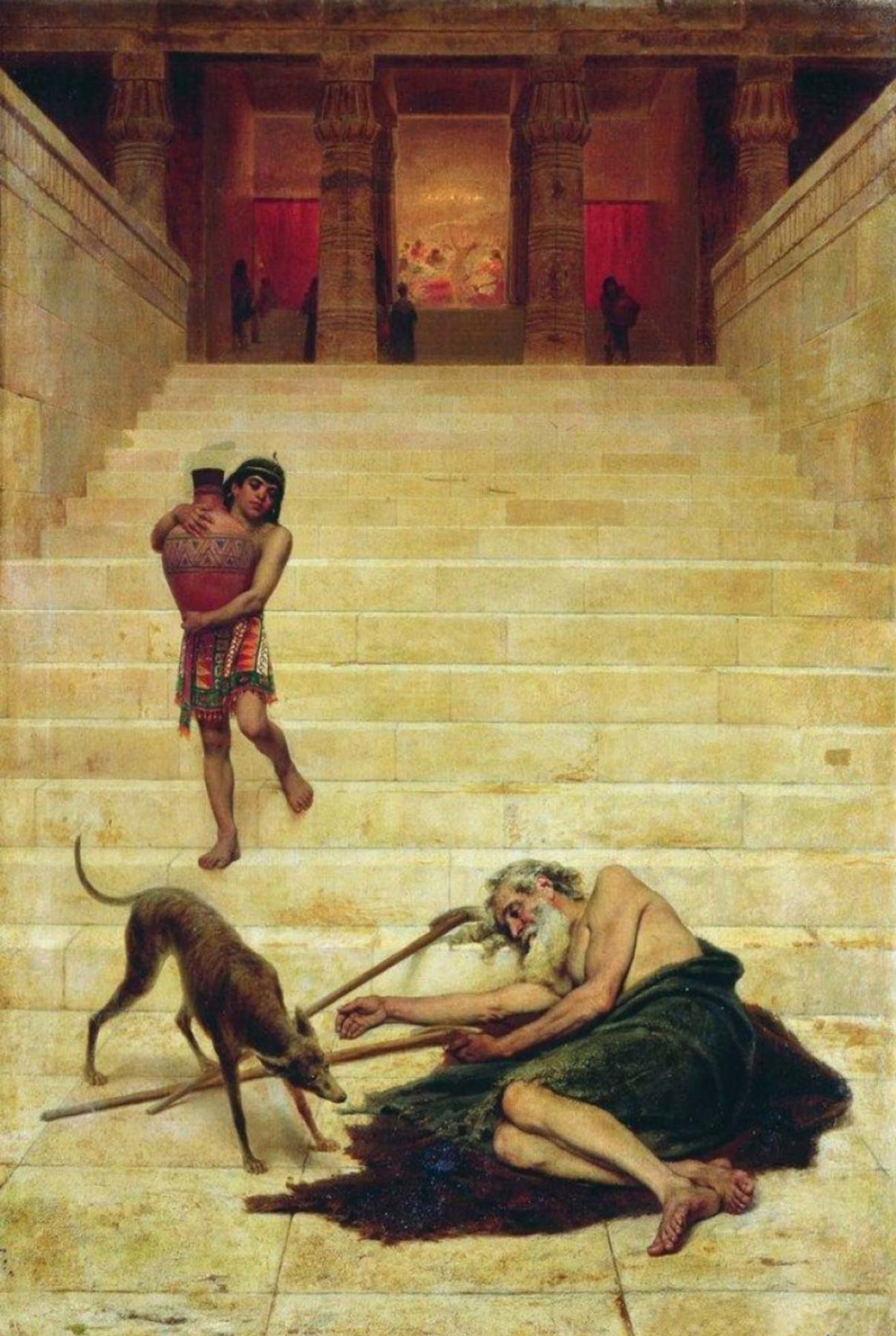
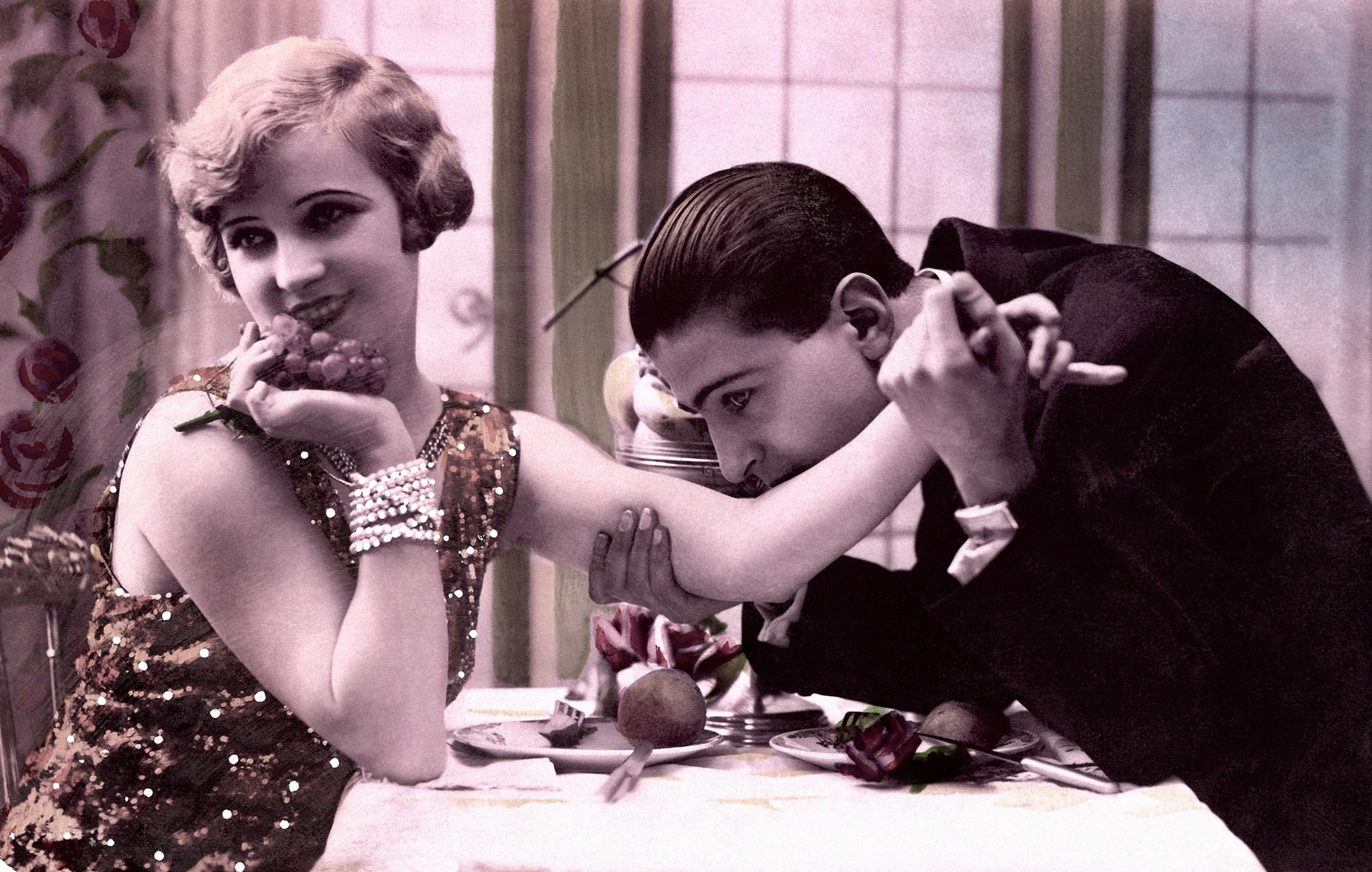
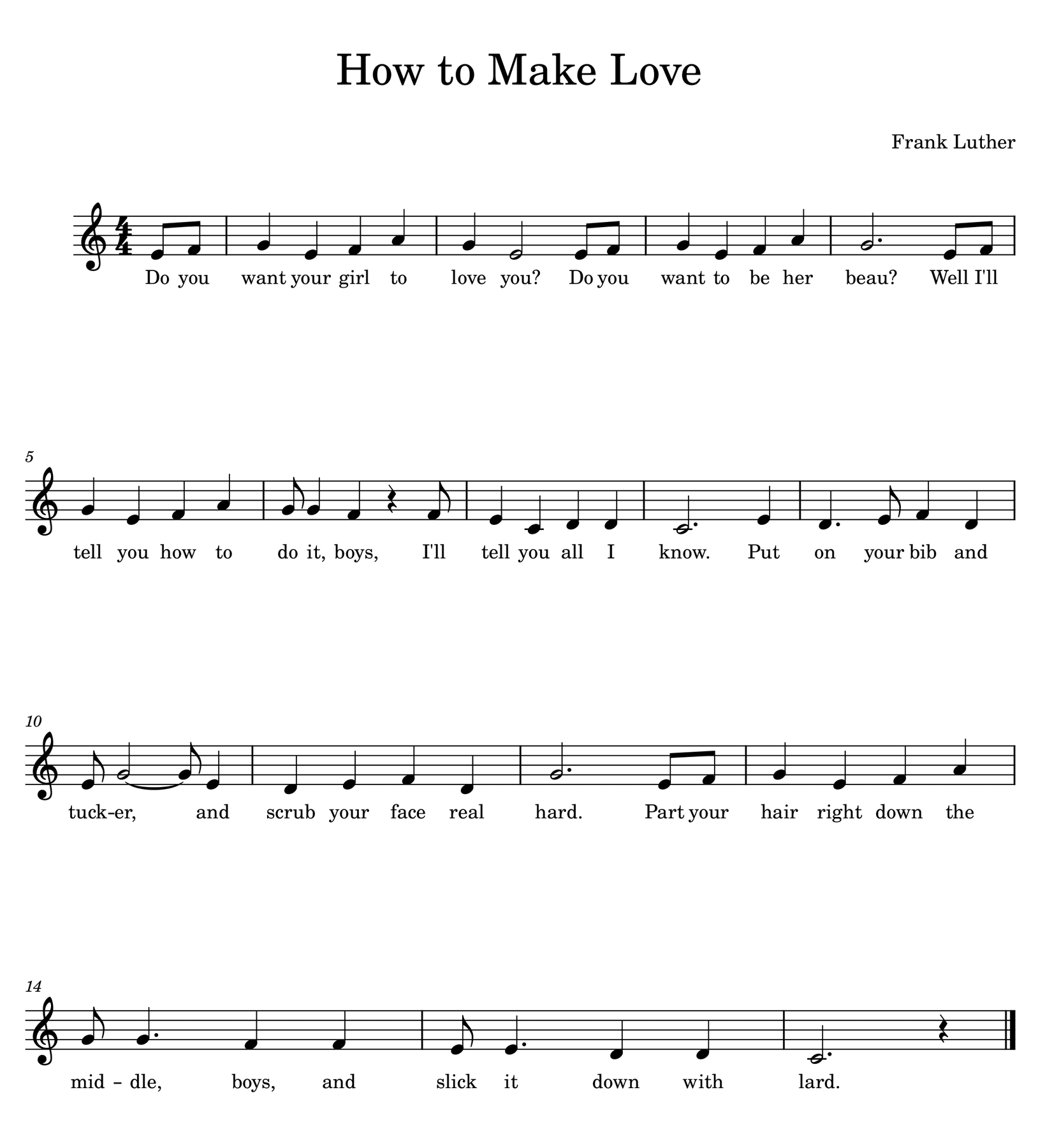
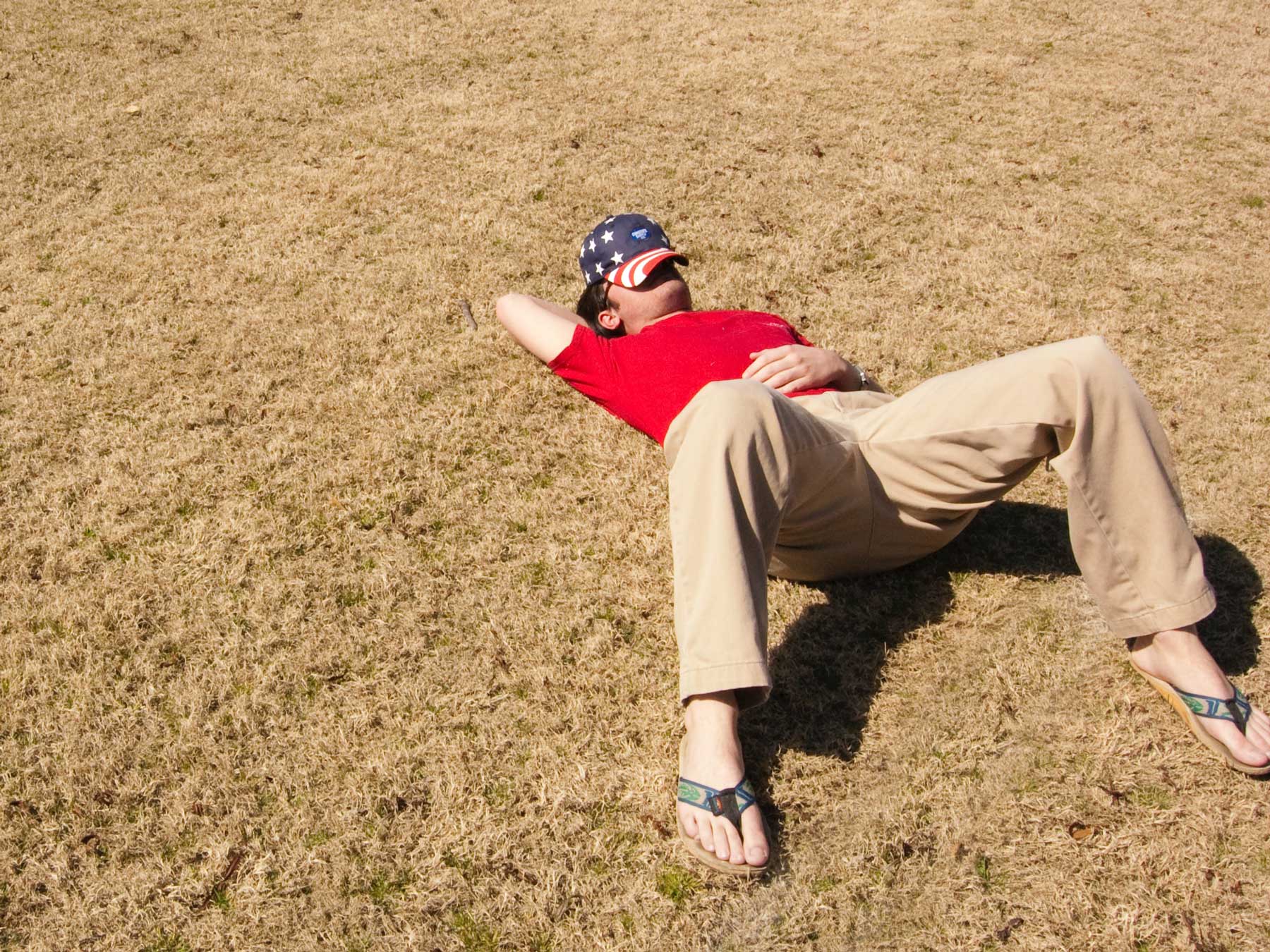
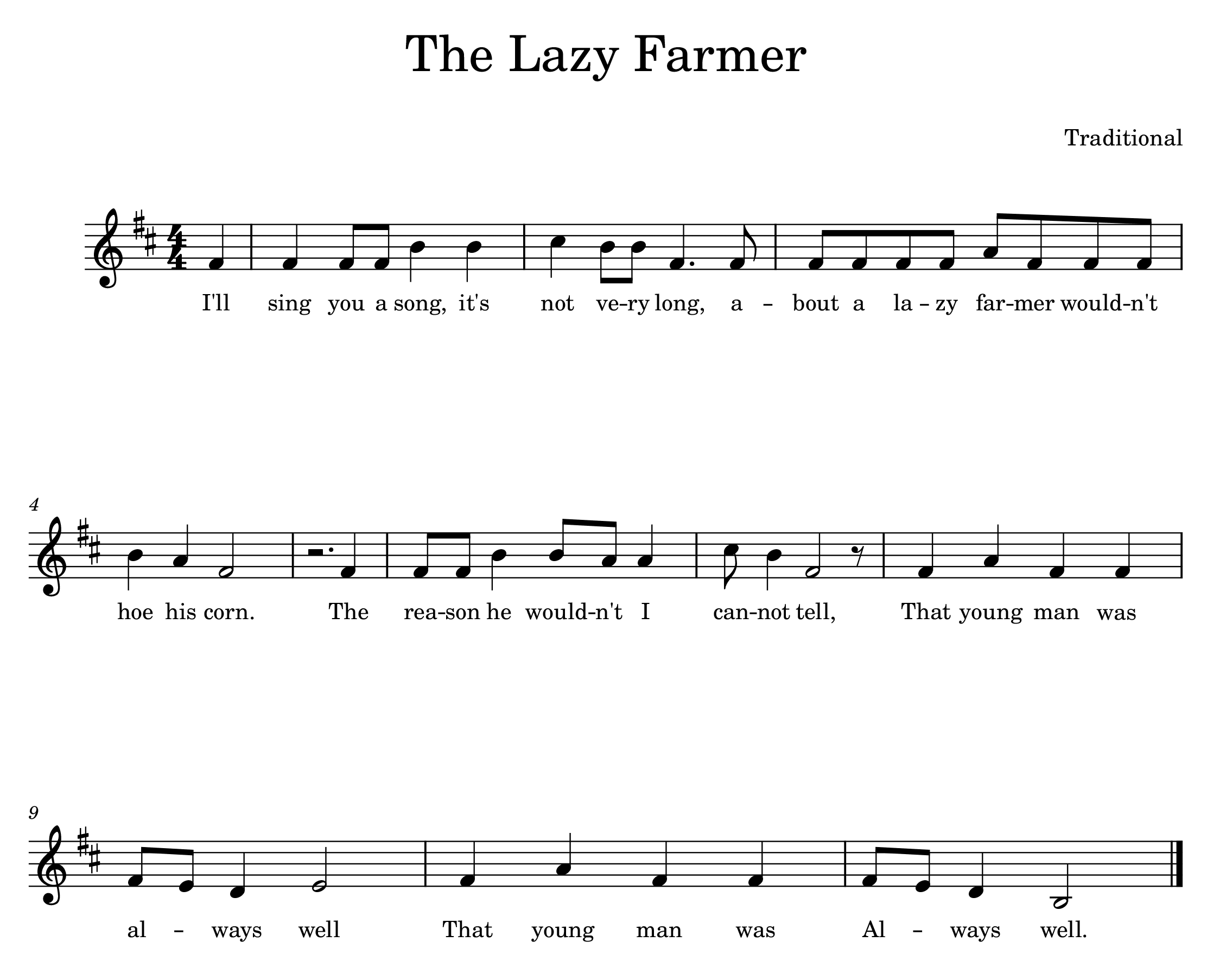
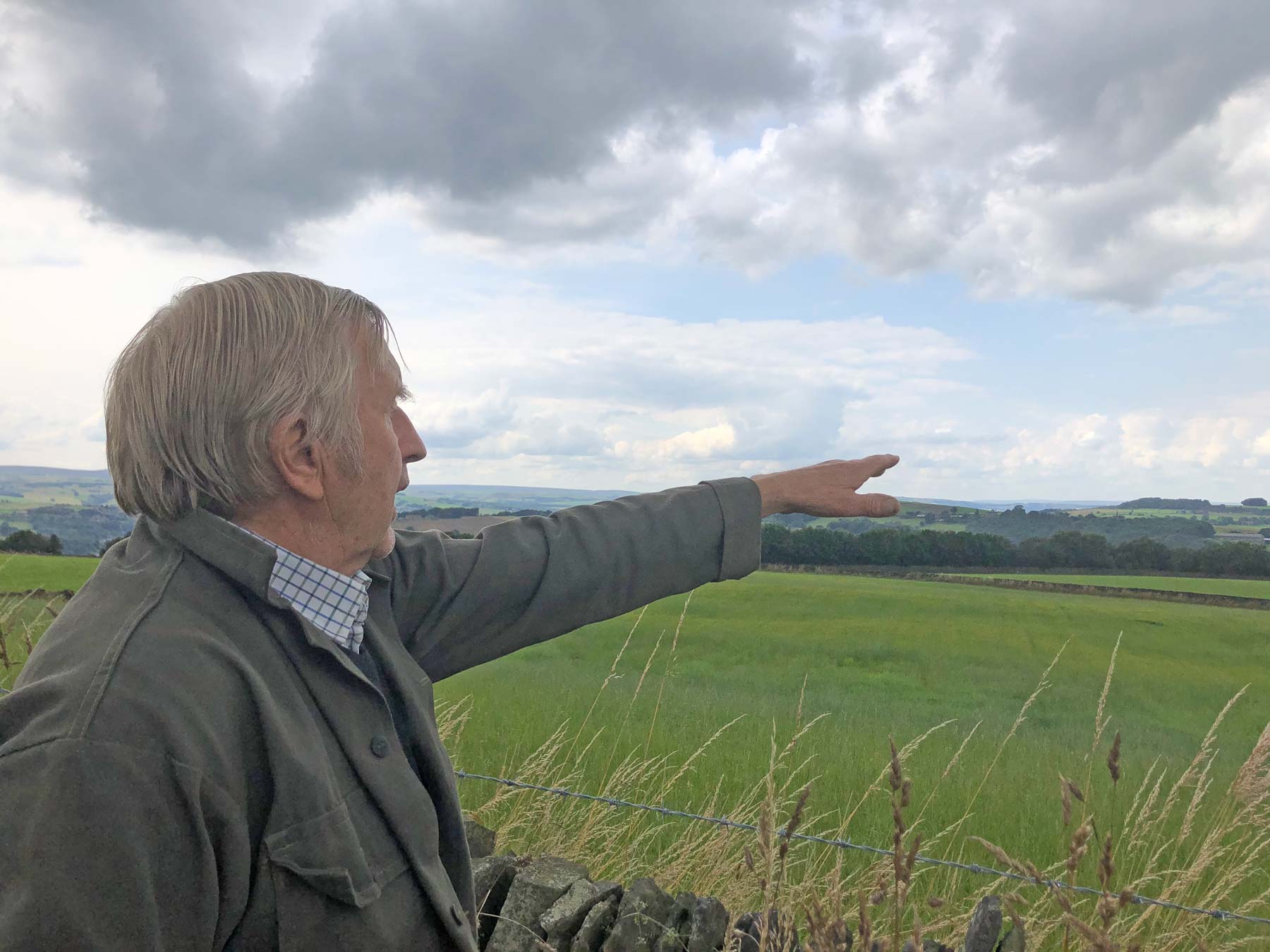
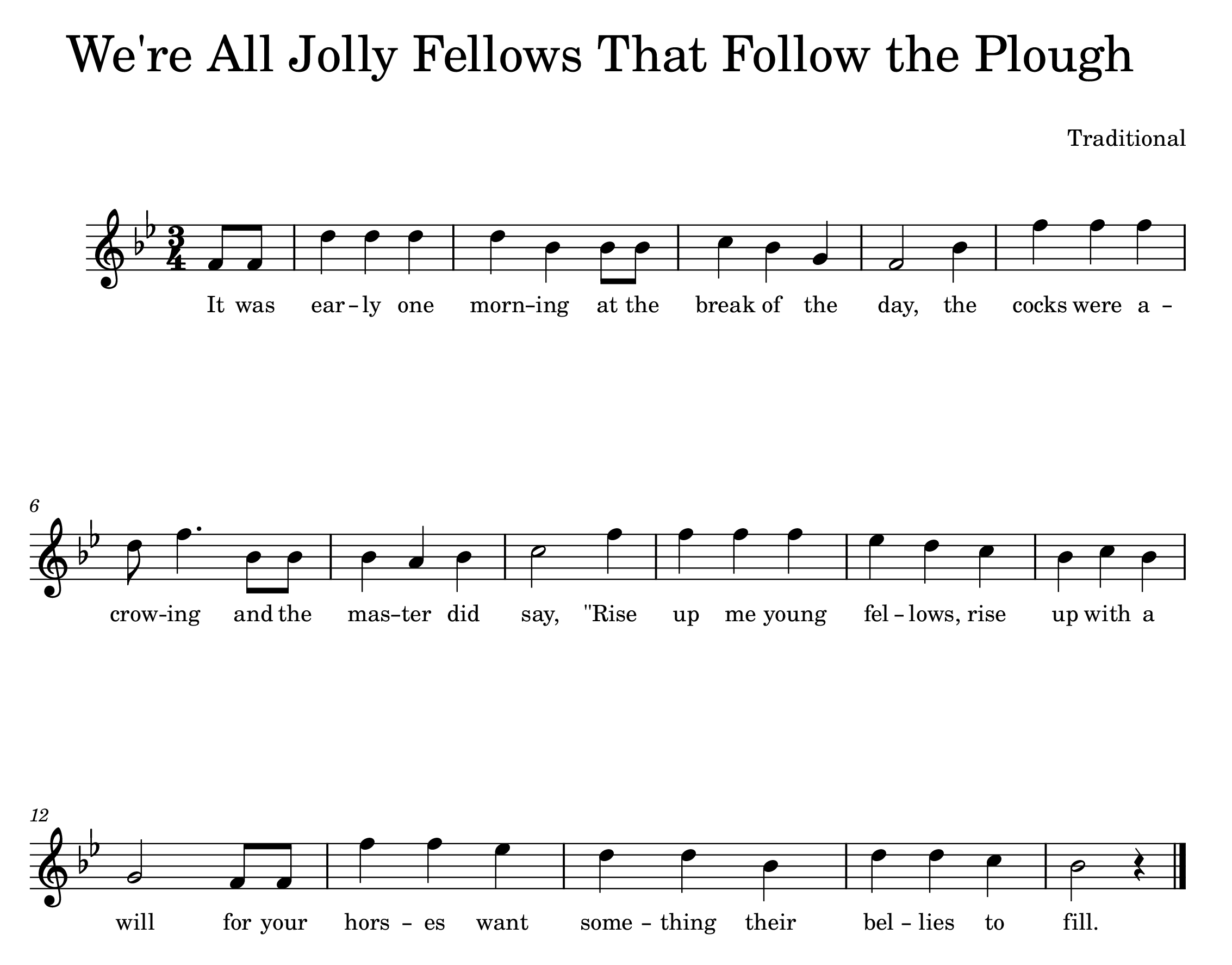
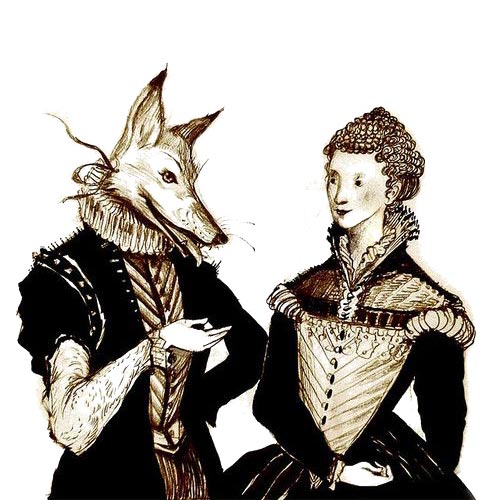
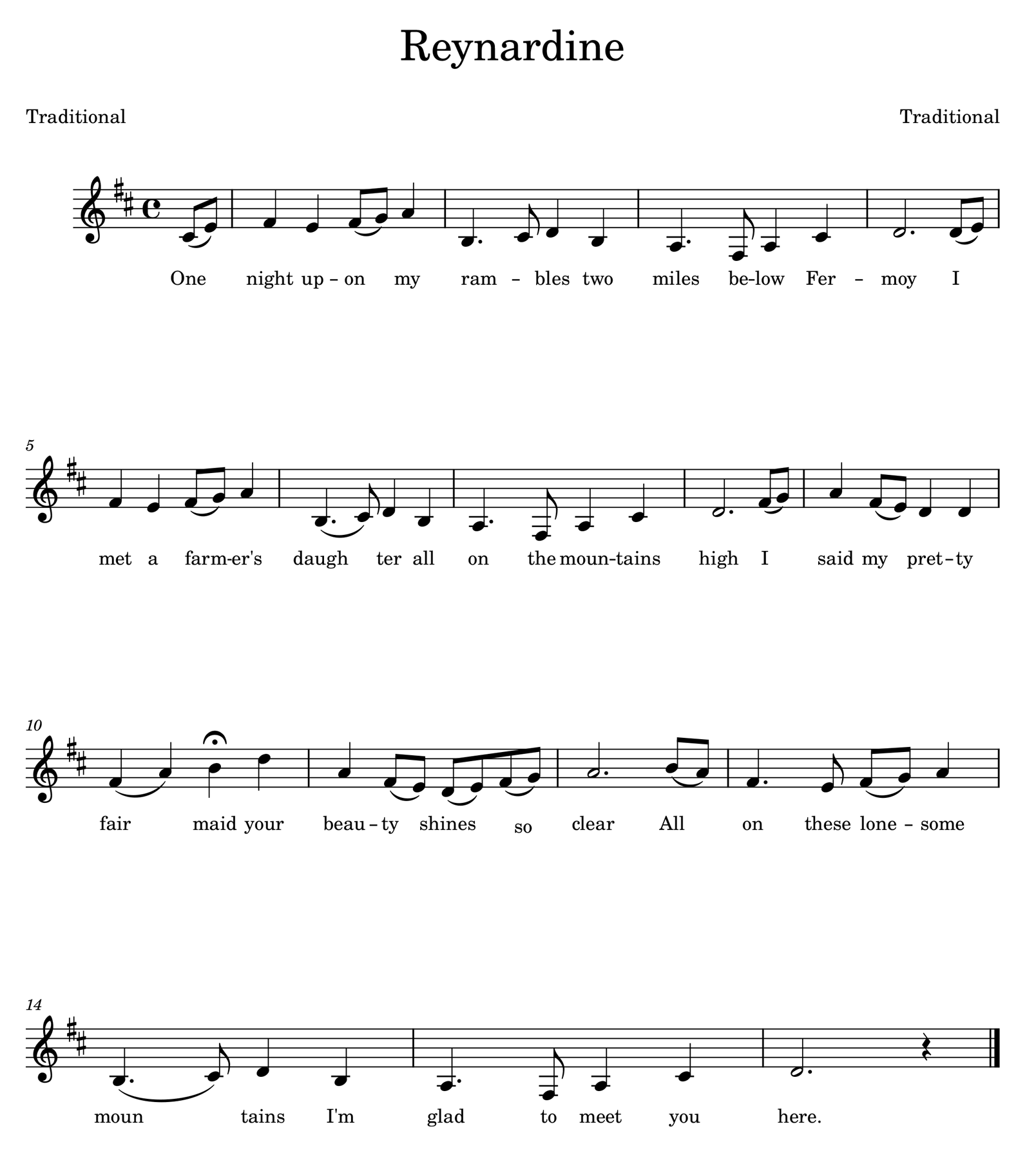
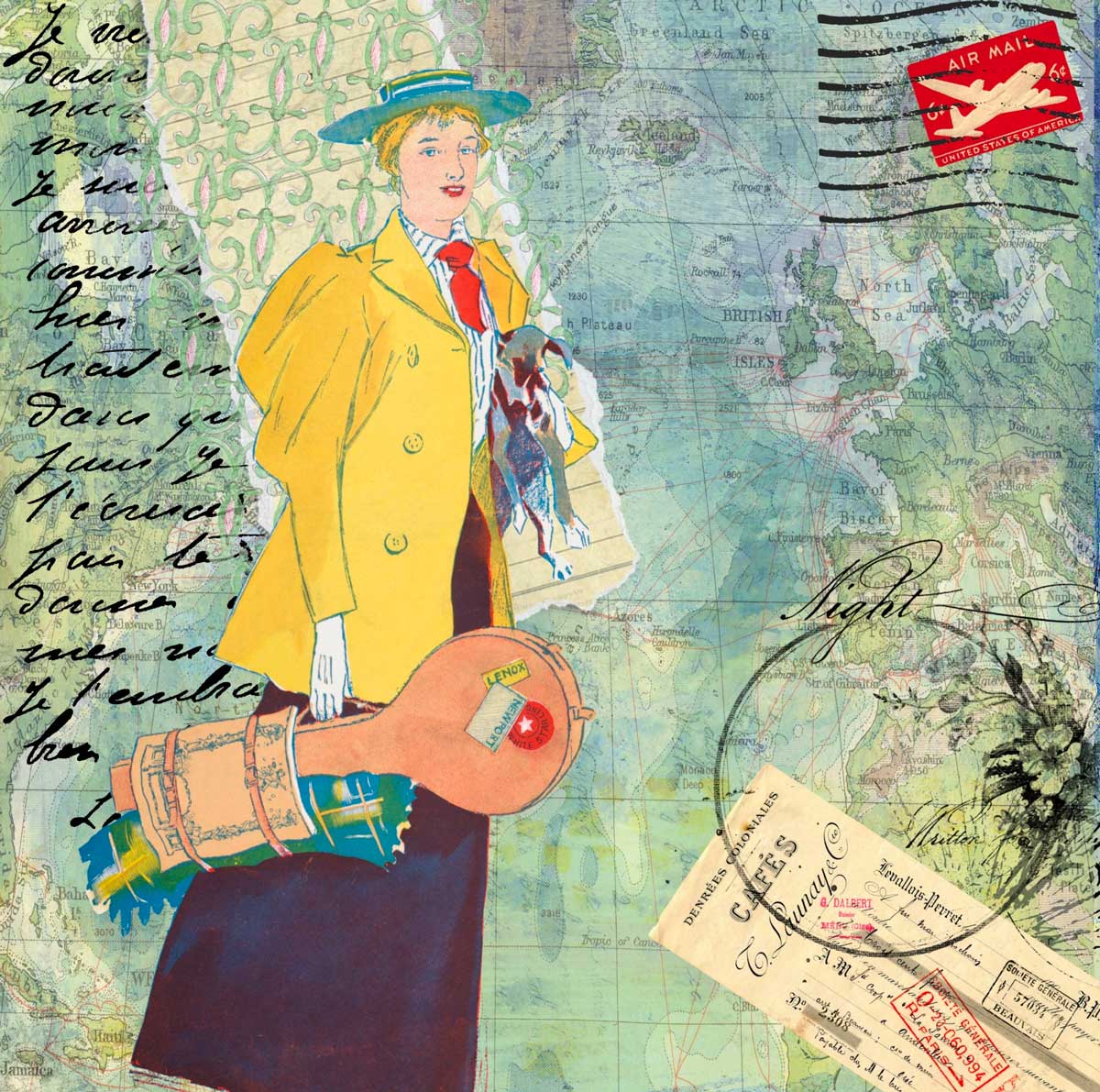
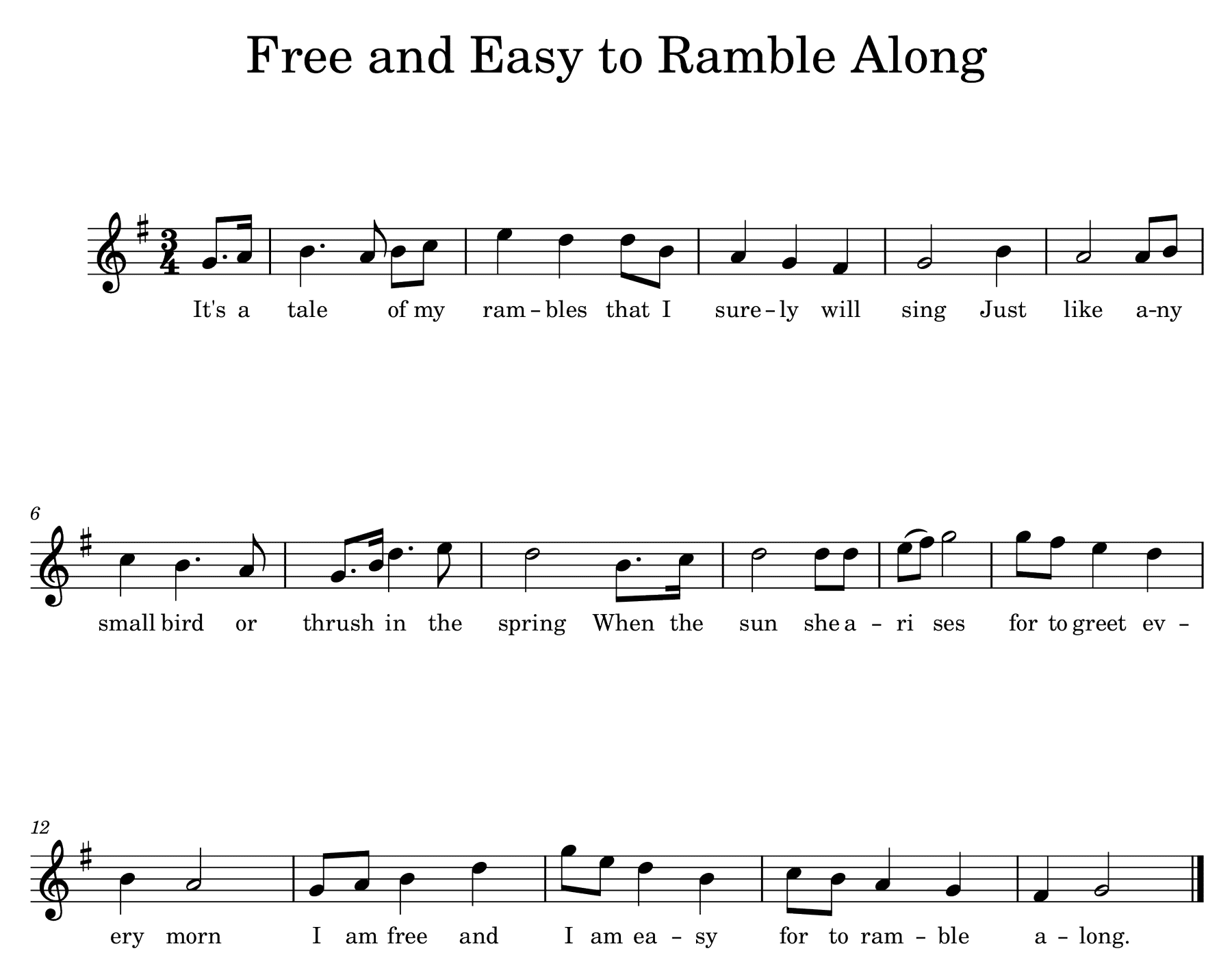
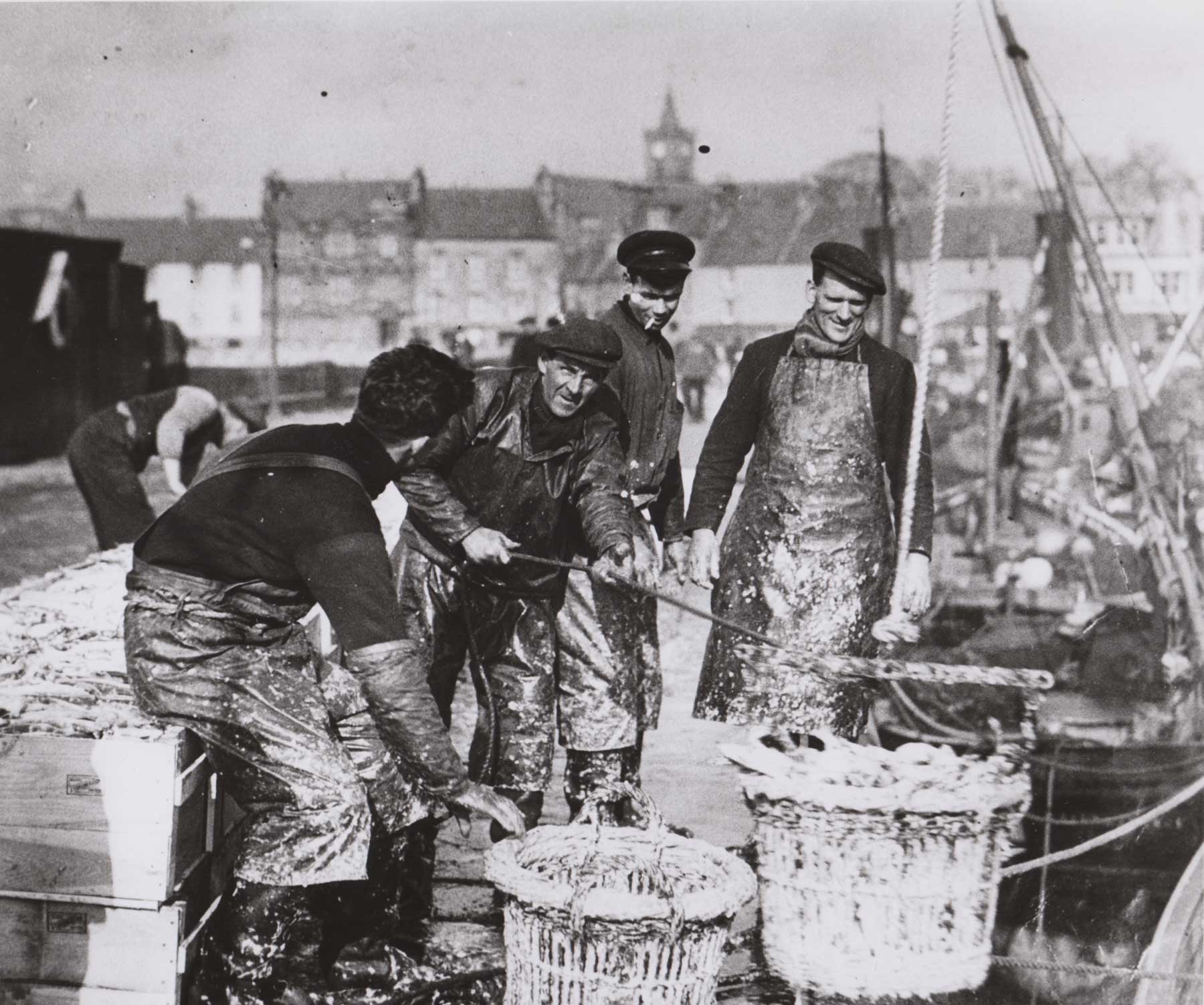
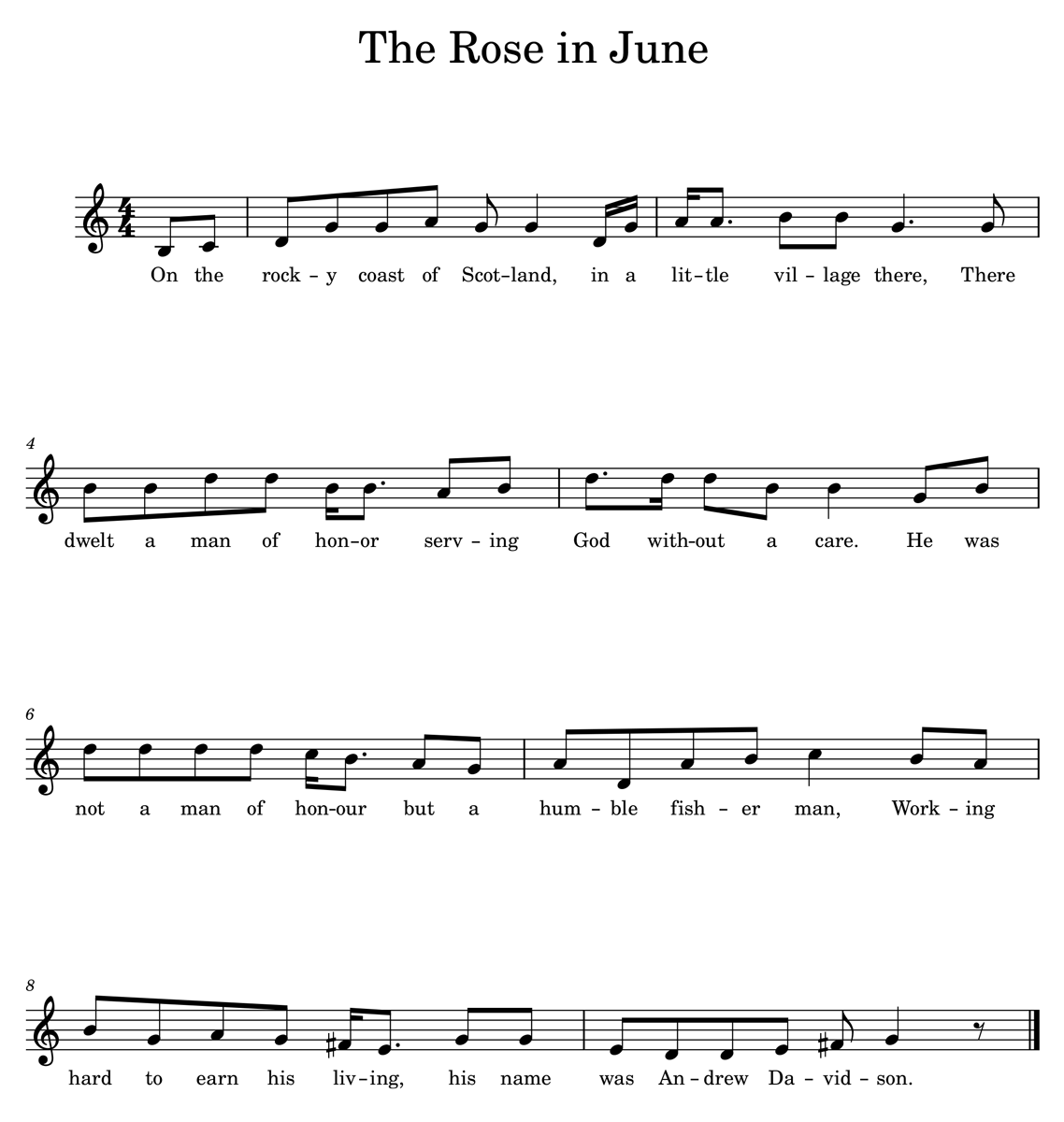

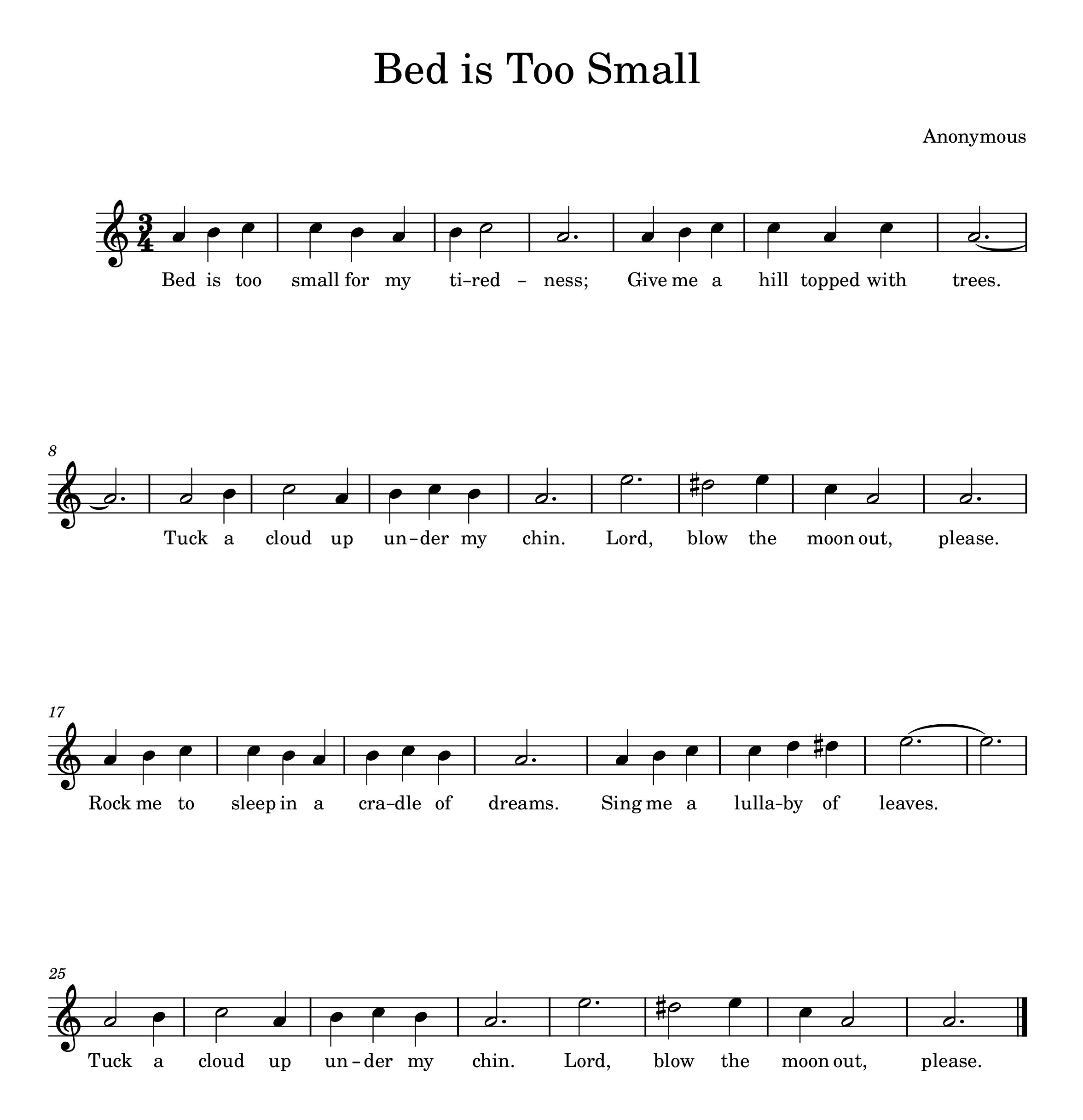
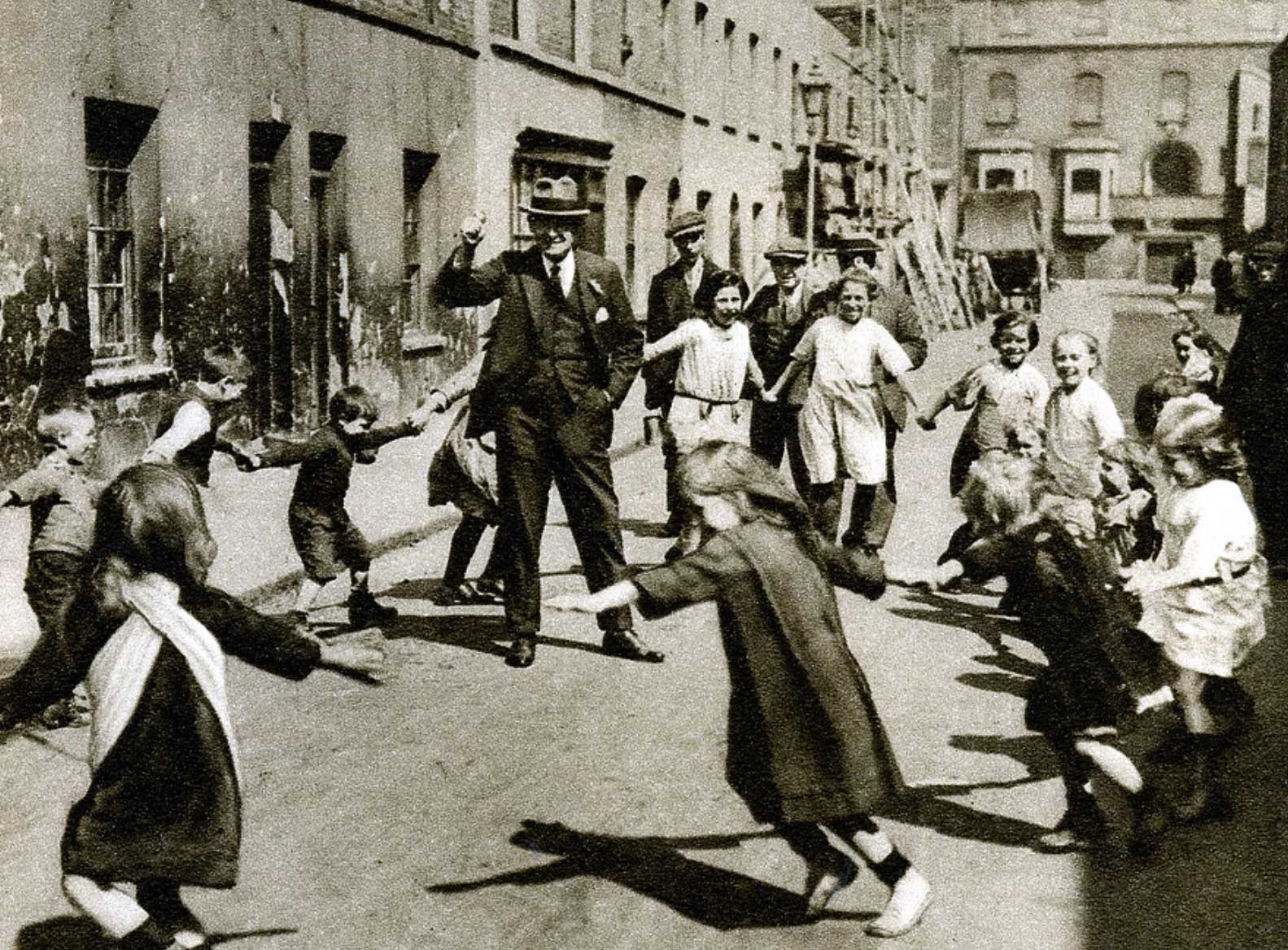
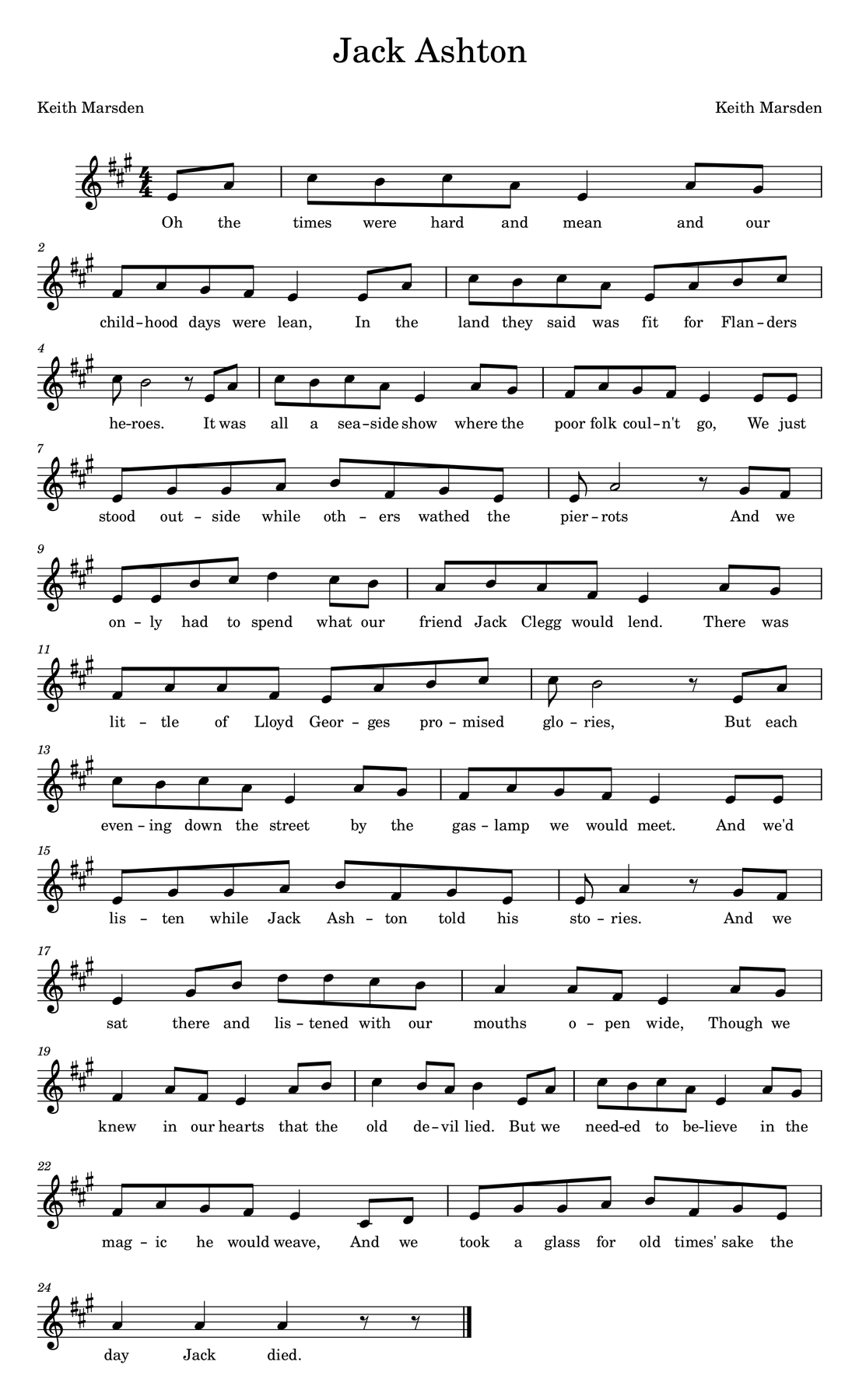
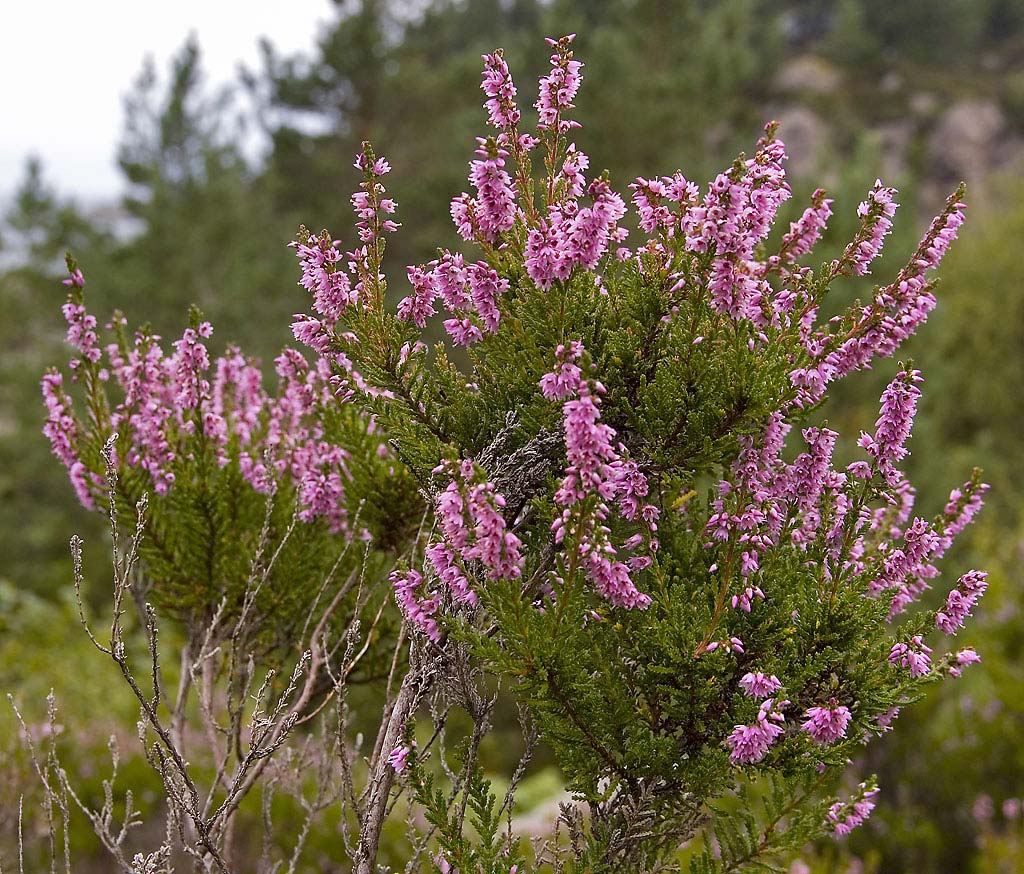
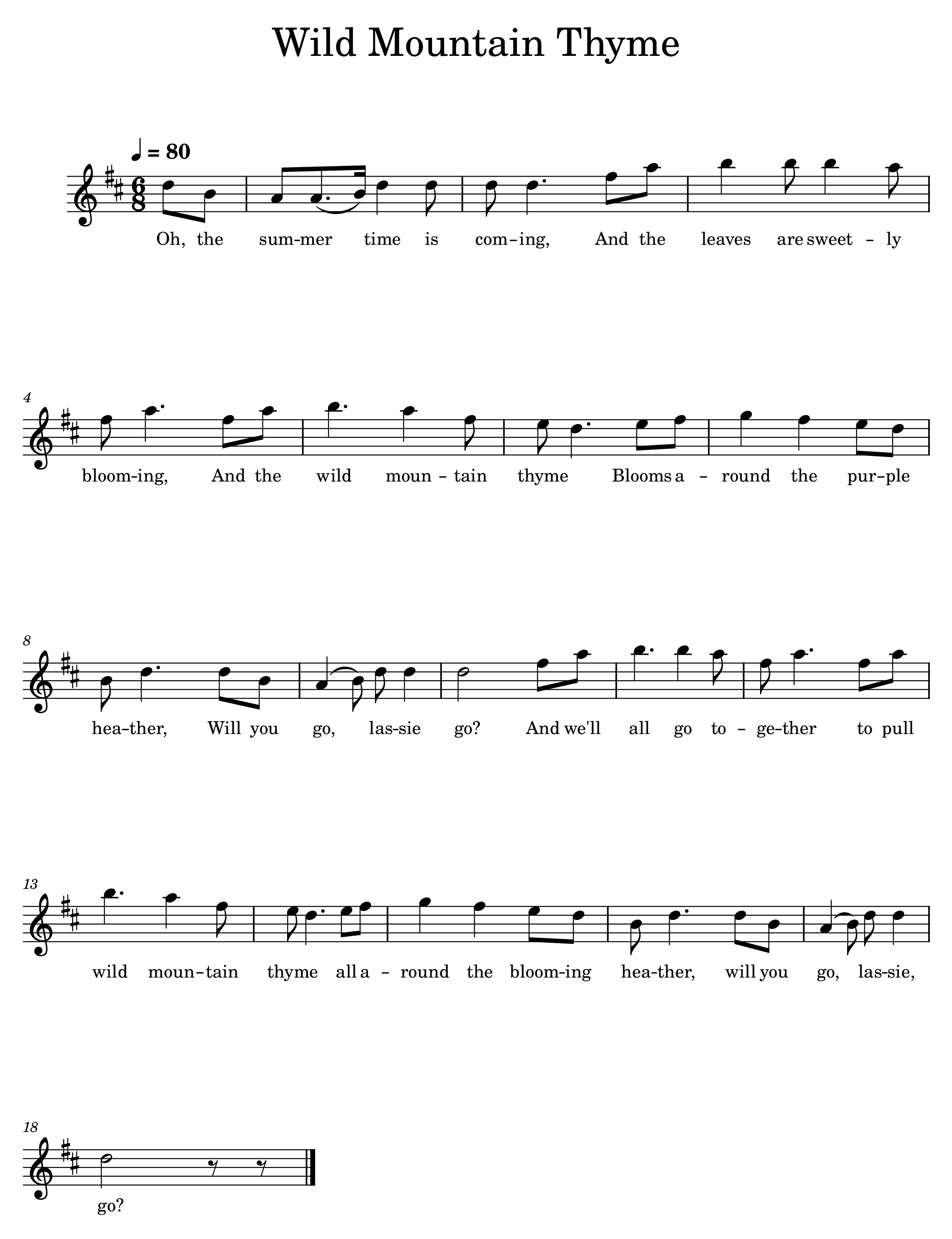
 Thanks to the Massachusetts Cultural Council for their generous support.
Thanks to the Massachusetts Cultural Council for their generous support.